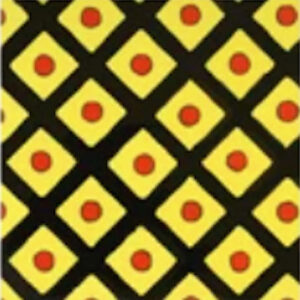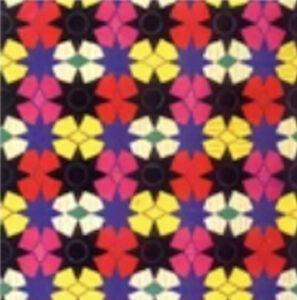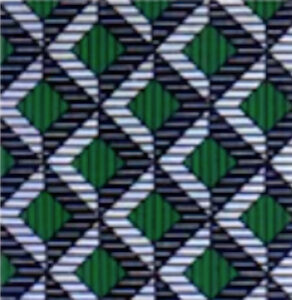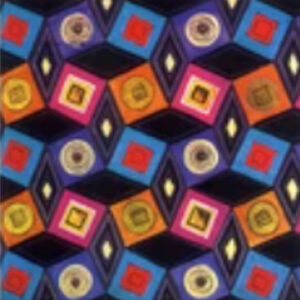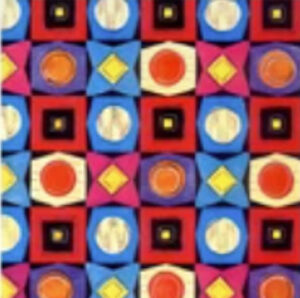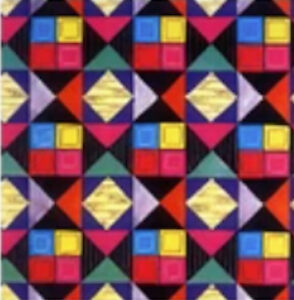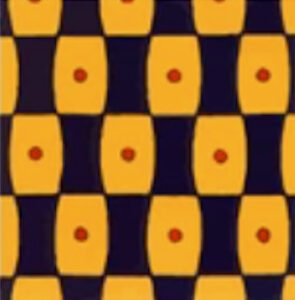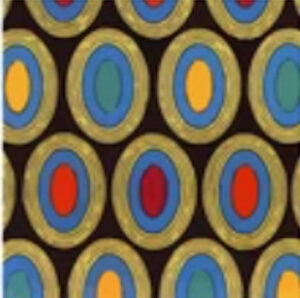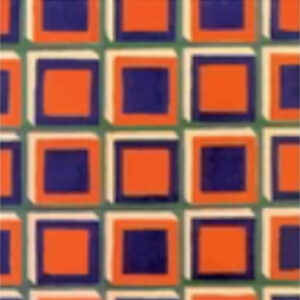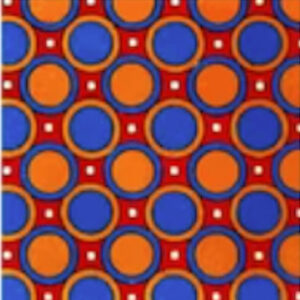
African-centred narrative practices: A rich history and constant invention
This web resource features the sparkling work of African narrative practitioners whose work with children, adults, families and communities provides moving and skilful ways of assisting those who are suffering. There are so many African contributions to the field of narrative therapy and community work and many of these are conveyed here. Also included are videos from the 13th International Narrative Therapy and Community Work Conference that took place in Kigali, Rwanda, in 2022. For those of you who were unable to attend this event in person, there’s now the opportunity to get a sense of this vibrant event. You will find here significant stories of practice with children, young people, adults and communities from Malawi, Zimbabwe, South Africa, Uganda, Rwanda, Somalia, Somaliland, Ethiopia, Zanzibar/Tanzania as well as from Africans in the diaspora.
A note about languages
“Everybody’s language is the keeper of their memory.” So says Ngũgĩ wa Thiong’o (in this inspiring video). There are over 3000 languages spoken in Africa and yet this web resource is primarily in English and therefore in some ways is contributing to colonising language practice. You will hear at places throughout this site audio files in the mother languages of the presenters. Some video presentations in Kinyarwandan are also included and more presentations in African languages will be coming soon. We hope in time that the field of narrative practice can contribute to language justice projects on the African continent as well as on other continents and islands. If you have an idea for a project combining narrative practice and language justice please write to Dulwich Centre Foundation. We also hope, in time, that diverse African storytelling traditions will increasingly shape and challenge what’s known as narrative practice and as Makungu Akinyela describes, contribute to ‘divining post-colonial therapies’ (Akinyela, 2002; see also In Our Own Ways).
Welcome from Ncazelo Ncube-Mlilo
Throughout this web resource you will also hear from Ncazelo Ncube-Mlilo who, during a recent visit to Dulwich Centre, made a series of recordings to guide you through the many stories and videos. Here is her welcoming message:
Acknowledgements
This web resource includes stories of practice from the early 1990s onwards and represents thirty years of collaborations. Some of Dulwich Centre’s key early collaborators included Connect Institute of Systemic Therapy in Zimbabwe; the CARE Counsellors and Yvonne Sliep in Malawi; Noreen Huni & Ncazelo Ncube-Mlilo at REPSSI; and Adelite Mukamana & Kaboyi Benoit at Ibuka in Rwanda.
In more recent years, Ncazelo Mlilo and her organisation Phola in South Africa, and Serge Nyirinkwaya and SOS Children’s Villages (Rwanda), have been highly influential in the work that is represented here.
In 2022, the 13th International Narrative Therapy and Community Work Conference was organised in Kigali, Rwanda, by Dulwich Centre Foundation in collaboration with SOS Children’s Villages (Rwanda) and the University of Rwanda. Many of the videos that appear in this resource were filmed at that historic event! Joseph Kalisa, Charlotte England, Beata Mukarusanga, Serge Nyirinkwaya, Marnie Sather and film-maker Holly Winter all played significant roles. Additional videos with Ncazelo Mlilo were filmed at Dulwich Centre by Mark-John Winter.
Throughout the last 30 years, a team at Dulwich Centre Foundation including Michael White (d. 2008), Cheryl White, Jane Hales and David Denborough has been involved in these projects behind the scenes. Jill Freedman and Gene Combs from Evanston Family Therapy Center have been significant partners in work in Rwanda. Dirk Kotzé and Elize Morkel have made significant contributions in South Africa.
We would like to acknowledge those narrative practitioners who donated funds to assist creating this free web-resource. When the pandemic struck, the conference in Rwanda had to be delayed by two years and we were unsure whether it would be possible to go ahead. The generosity of those who donated to this project made a real difference. Thank you.
